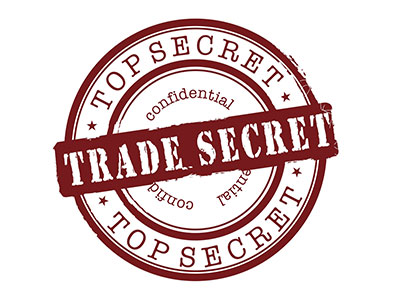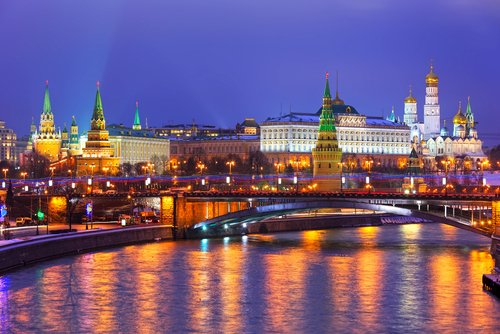While Russia has long protected trade secrets through the Federal Law on Information, Information Technologies and Information Protection and the Trade Secret Law, amendments to the Russian Criminal Code on June 29, 2015 now substantially increase liability for disclosure of trade secrets. Illegal disclosure of trade secrets may now result in more serious consequences, including increased fines equal to as much as three years’ wages for disclosure. READ MORE
June 29, 2015 Amendments to Article 183 of the Russian Criminal Code: Increased Liability for Disclosure of Trade Secrets in Russia







